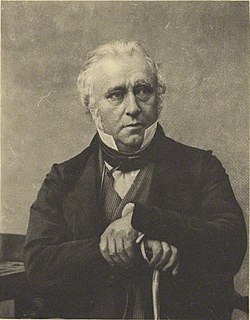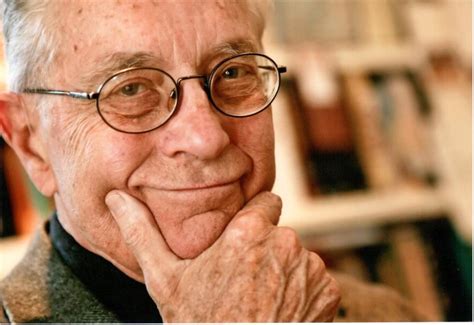A Quote by Thomas Babington Macaulay
I shall cheerfully bear the reproach of having descended below the dignity of history if I can succeed in placing before the English of the nineteenth century a true picture of the life of their ancestors.
Related Quotes
Given that the nineteenth century was the century of Socialism, of Liberalism, and of Democracy, it does not necessarily follow that the twentieth century must also be a century of Socialism, Liberalism and Democracy: political doctrines pass, but humanity remains, and it may rather be expected that this will be a century of authority ... a century of Fascism. For if the nineteenth century was a century of individualism it may be expected that this will be the century of collectivism and hence the century of the State.
To the feudal aristocracy and the aristocracy of the spirit, nobility derives from diametrically opposite sources. The glory of the feudal aristocrat is in being a link in the longest possible chain of ancestors. The glory of the aristocrat of the spirit is in having no ancestors - or having as few as possible. If an artist is his own ancestor, if he has only descendents, he enters history as a genius; if he has few ancestors, or is related to them distantly, he enters history as a talent.
The Marxist doctrine is omnipotent because it is true. It is comprehensive and harmonious, and provides men with an integral world outlook irreconcilable with any form of superstition, reaction, or defence of bourgeois oppression. It is the legitimate successor to the best that man produced in the nineteenth century, as represented by German philosophy, English political economy and French socialism.







































